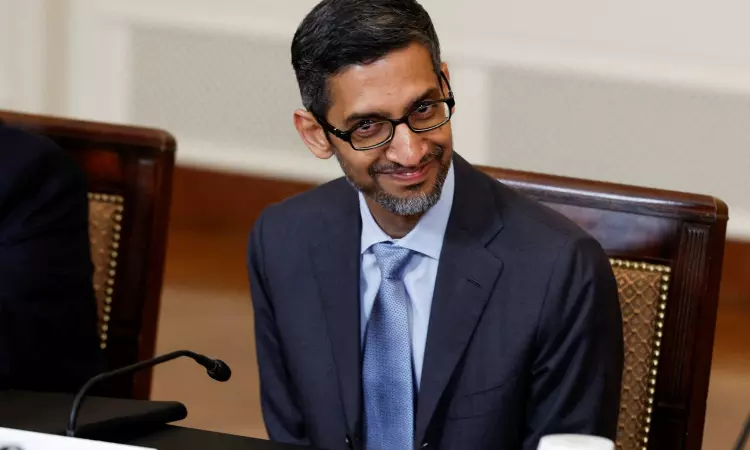In a once-in-a-generation U.S. antitrust battle centred on Google paying billions of dollars to be the default on computers and smartphones, Google CEO Sundar Pichai recognised on Monday the significance of making its search engine the default in order to retain customers.
Google kept an eye out for compliance once it began to pay for devices to have default status in 2005. The business once told Apple that it was worried that certain queries—especially profitable ones—would be sent to websites like Amazon.com via the Safari browser.
When questioned about Google’s tens of billions of dollars in yearly payments for default position, Pichai stated under cross-examination, “We definitely see value.”
The case was filed by the US government to investigate whether Google engaged in illicit activity to preserve its hegemony over internet search and some aspects of search advertising. The corporation could have to give up some of the strategies that have allowed it to stay at the top if the government prevails.
Pichai, who was contacted by Google, was shown examples of times in which the corporation demanded revenue-sharing agreements from Apple, cellular providers, and smartphone manufacturers in exchange for setting its search engine as the default on their products during his hearing on Monday morning.
Pichai responded, “We pay for preload exclusivity on a device-by-device basis,” when the Justice Department questioned him.
Pichai was questioned by a Justice Department attorney over a 2007 conversation he had with other Google executives—prior to taking on the role of chief executive—about an Apple proposal to allow users to select their preferred search engine on a future iteration of the Safari browser.
At the time, a paper said that 75% of users do not modify their default settings and that “defaults have strong impact.”
Additionally, Pichai made a few jabs at Microsoft’s Internet Explorer, a competitor browser.
Before Google released its Chrome browser, which rivals Microsoft’s offering, Pichai stated that the browser industry had become somewhat stagnant.
“They (Microsoft) were not that incentivized to improve the browser,” he continued, praising Chrome’s 2008 release as a “pretty dramatic improvement.”
Due to its dominance in search, Google is also a major player in the lucrative advertising business, which is its primary source of income.
Google has maintained that users may and will change to a different search engine if they are unhappy with the default search engines. Along with maintaining the legality of the revenue-share agreements, it has made significant investments to maintain the competitiveness of its search and advertising businesses.
During Pichai’s cross-examination, the Justice Department questioned him about claims made by others that Google officials habitually erased instant conversations without considering whether they should be preserved for future legal proceedings and mislabeled confidential papers as protected by attorney-client privilege when they weren’t.

